
Catch up now
Wellbeing - How employees feel about stress, pressure at work and life balance
The Wellbeing factor is closely linked with Fair Deal. If the scores for Fair Deal are low, the first place we’d recommend you look is Wellbeing.
If Wellbeing is also low, it may be that employees are being worked too hard and feel they are not being fairly remunerated for it.
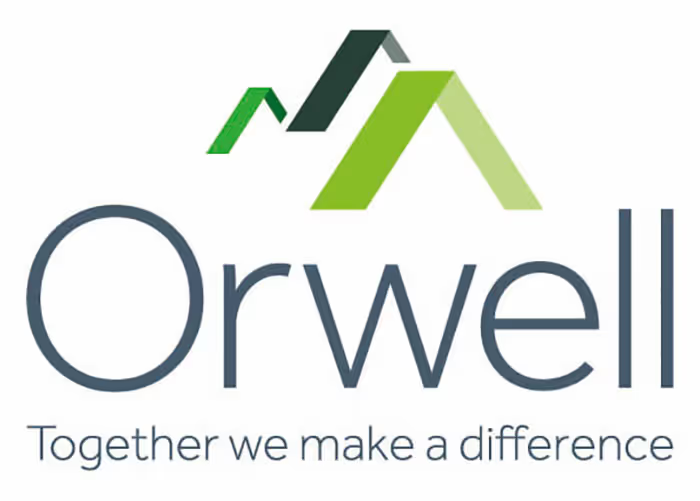

Orwell embraced technology in bringing together disparate colleagues during the pandemic. Facebook Workplace was a big hit, providing a hub for information, motivation, celebration and social activities, such as Christmas charades and a best onesie wearer competition. The association invested in 144 laptops to help staff stay in touch.
A therapist was brought in for four months to help staff traumatised by a Covid-19 outbreak in their workplace. Additional wellbeing resources were introduced for all staff during the pandemic, including free NHS health checks, weight management and stop smoking support.
Alongside a generous suite of benefits, there are personalised rewards. To thank a colleague for solving an issue outside his normal hours, the CEO arranged a meal for him and his wife at their favourite restaurant. Wellbeing tokens, given to reward and thank colleagues, can be used at local businesses.
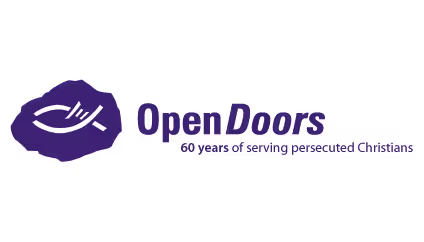

All salaries and benefits have been reviewed and a fair pay policy and job evaluation process introduced. This has resulted in most staff receiving a pay rise, benefits being streamlined and the gender pay gap being removed. A full-time learning and development specialist has been appointed.
Open Doors gives all staff the chance to go on a ministry trip to give them an insight into the experience of Christians oppressed for their faith. Trips are held in work time and are paid for by the charity, although fewer have gone ahead during Covid.
Online events providing a sense of community and fun have included a secret Santa, a crisp-tasting tournament and a knitting and crochet group. The usual two-day staff retreat was replaced with small group walks. These were held near people's homes, in line with Covid regulations.
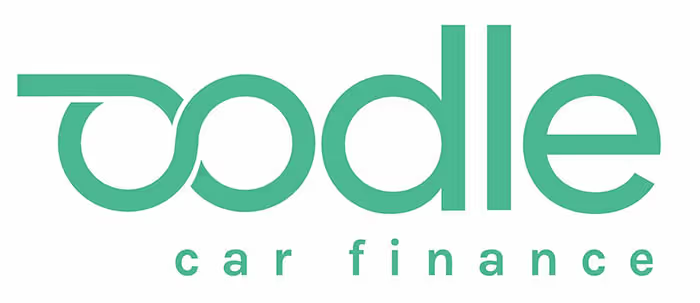

Induction Week for new recruits is now an entirely virtual experience. IT equipment is sent to their home and setup is assisted remotely. Microsoft Teams chats allow newcomers to ask questions and meet their colleagues, and there is time for an occasional Kahoot! session.
Furloughed staff were provided with industry-specific and regulatory training, with workshops on productivity, communication and wellbeing. Line managers and team leaders were offered training on managing remote teams and across the business there was a learning package that featured LinkedIn courses, TED Talks and documentaries.
Employees were encouraged to stay healthy during the pandemic, with virtual exercise classes twice a week and a run club set up on Strava. Company-wide meetings were held focusing on mental health in the workplace, and there was a stress reduction course.


The company's monthly staff award has been renamed the Lorraine Berry award, in memory of its Learning and Development Manager, a dear colleague who passed away last year. CEO Susanna sends gift tokens as a thank you to employees who have gone above and beyond during the pandemic.
The #OneFileinNature initiative encourages every employee to spend an hour outdoors during daylight each day to nurture their health. The company has paid for wellbeing apps to encourage activities such as yoga and meditation and puts on Zumba classes during the working day.
OneFile provides career advice and work experience to BAME females, a group under-represented in the technology sector. Clothes are donated to a charity that helps people in poverty dress smartly for job interviews and extra tea and coffee is given to a homeless shelter.
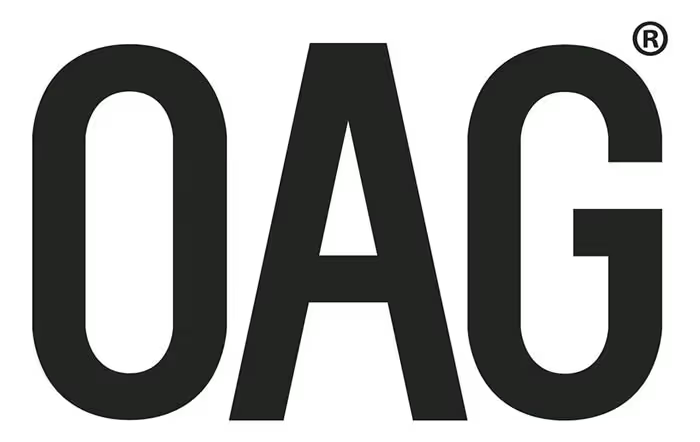

Continuous learning and development are an integral part of the culture at OAG where managers act as mentors helping staff to gain professional skills or relevant experience and everyone is encouraged to dedicate one paid day per month for self-development.
In addition to weekly wellbeing webinars and regular wellbeing surveys the firm organised a wide range of fun events to boost team spirit with virtual activities including horse racing, a Family Fortunes game show, photo competitions, a Quarantine Kitchen OAG cook-a-long, and quiz nights.
Throughout the pandemic OAG has continued to support charities by taking part in virtual fundraising events including a week long Christmas Jumper Day for Save the Children where staff were encouraged to get creative and jazz up an old jumper to help the environment and children at the same time.
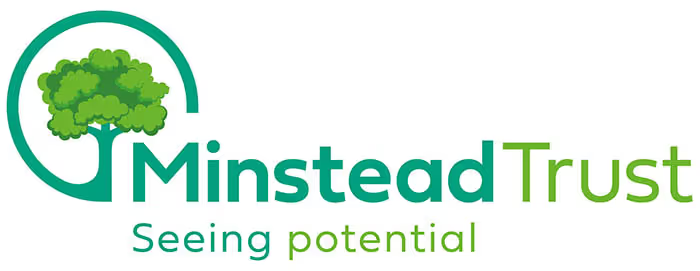

Managers had regular monthly reviews during the pandemic and continued with scheduled one-to-one sessions. The senior management team held meetings via Zoom and kept their colleagues informed about coronavirus-related developments. The charity operated its training and development, independent mentoring and coaching schemes.
Wellbeing Wednesday prompted discussions on the potential of using the communication tool Workplace. Employees engaged with this and the charity was able to share images of activities in the work setting, which could be accessed by those who were on furlough or working from home.
Information about the effects of the pandemic and public health guidelines was sent to colleagues on a weekly basis on what became known as Wellbeing Wednesday. Emails were used to encourage people to look after their health and wellbeing, providing links to useful websites.


In the Know' sessions take place weekly with a different presenter, either internal or external, doing a 30-minute presentation on a specific area. This is used for knowledge transfer and product overviews, and allows employees to get some insight into areas of the business they may be less familiar with.
The online resource EAP Care first is available to all employees, offering information and advice on a wide range of personal and workplace issues. Liquidlogic staff can also access Healix private healthcare for medical support as part of their benefits package.
In line with the firm's environmental policy, staff are encouraged to keep printing to a minimum, turn off electrical items when not in use and use the air conditioning responsibly. Energy saving lightbulbs are fitted throughout the offices and waste is sorted for recycling.


After a long period of mergers and acquisitions, the company is revising its values, but sustainability and care of the planet remain at the forefront. Areas that have been focused on for improvement are consistent company communication, learning and development opportunities and providing fun activities.
While working from home in winter, Internet Fusion introduced "Winter Hours". This was permission for staff to get out and enjoy the winter sun in the middle of the day for up to two hours. They were allowed to make up the time at the start or end of the day.
The company works closely with and supports #2minutebeachclean, a campaign to clear rubbish from our beaches, which has been featured on BBC news. It also works with its partner Protect Our Winters UK, which aims to speed up the transition to being carbon neutral.


Throughout the pandemic the bank has continued to support its newest people managers with coaching and guidance, albeit virtually, to help them deal with the complexity caused by lockdown and remote-working. Ikano also arranged support webinars on a number of topics including resilience and leading in a crisis.
In addition to organising webinars on topics such as Leading in Times of Change, Addictive Behaviours, and Resilience, Ikano Bank collectively challenged staff to walk, run or cycle the distance from Nottingham to its offices in Sweden over the period of a week.
Traditionally Ikano Bank has rewarded staff with vouchers worth between £75 - £175 to share with their friends and family and has given digital gifts such as Echo Dots, Virgin Experience Days, additional holidays and even trips to Sweden to fully embrace the Ikano culture.


The annual appraisal process allows individuals to set objectives with their manager and these are reviewed throughout the year to ensure goals are reached. This provides the basis for two promotion waves within the year where individuals are put forward for progression.
Physical and mental wellbeing has been a key focus during the pandemic. IFF introduced a range of initiatives to boost positivity and the general welfare of staff from weekly wellbeing updates to team movement challenges, regular surveys and engagement audits. It also promoted its employee assistance programme to all employees.
For Christmas, instead of giving gifts to clients, IFF donated to two charities on their behalf. By supporting homeless charity Centrepoint and The Trussell Trust which support foodbanks, IFF was able to help others at need last Christmas. Staff also get two paid volunteering days a year.
Looking for more information on our solutions? Let us know how we can help and the right member of our team will be in touch shortly.